Neoconservative turning point: Where is Germany going in the global conflict?
LUTZ KLEINWACHTER
The federal government is engaged in a global economic war. The consequences are serious. The confrontation must end quickly and a diplomatic offensive must be launched.
The neoconservative “tipping point” plunges Germany into a long-term multiple crisis. The results of the peace policy, the limitation of arms, the economic and social stability and the ecological restructuring of society go back decades.
The main problem is the global economic war of the West, including Germany, against the global East/South. After more than six months of announcing a "change of era", the traffic light government - red (Social Democrats), green (Greens) and yellow (Liberals) - is not in a position to realistically assess the international balance of power and their own country's interests or develop a workable strategy from them. It irritates and harms the majority of the German population.
Germany is at war (partly to blame), in a global economic/sanctions war against Russia, China and their allies, instigated by the US and its Western allies. A large majority of the states and peoples of the East and South reject this policy of confrontation. Basically, it is the continuation of a conflict between the economic and ideological system "market economies/democracies" that already shaped the XNUMXth century against its antipodes and vice versa.
Two world wars (1914-18; 1939-45) and the subsequent West-East Cold War (1945-1990) dominated the world structure. The main players were the European states Germany, France, Great Britain, as well as the Eurasian Russia/Soviet Union, the USA and Japan.
New major and regional powers (China, India, Brazil, South Africa, etc.) emerged at the turn of the century. In this global multipolarity, the balance of power between them is subject to dynamic economic and military change.
An open (Third) World War between the major powers is no longer feasible and winnable in the nuclear-cosmic age since the 1960s. However, the battle of the system will continue under new framework conditions. A global economic war/comprehensive sanctions characterizes the first decades of the XNUMXst century. the West, under the leadership of the United States, which uses Russia's regional war against Ukraine in Eastern Europe as an aggravated pretext for this.
The main problem: Germany, as the strongest economy in Europe and the fourth largest in the world, needs a complete and secure supply of energy and raw materials.
In contradiction to this, the stoplight government is waging an economic war against Russia, against the world's greatest resource power. Something that is irrational, shareholder-short-sighted and shows a clear lack of strategic expertise on the part of the responsible ministers, to the detriment of the German economy and population.
68 percent of German managers rate the federal government negatively (Wirtschaftswoche, August 12, 2022).
From Bismarck to Scholz…
Ever since Bismarck in the mid-1922th century, it has been clear to royalist sections of the ruling elite that cooperation with Russia is essential to Germany's stable development. It is also worth remembering the Treaty of Rapallo (XNUMX) to normalize relations between Germany and the Soviet Union and overcome economic isolation in the interwar period.
The founding of the Eastern Committee for the German Economy (1952) created a platform active from the Cold War to the present day. Chancellors Kohl and Schröder pursued the goal of a "strategic partnership" with Russia. Merkel partially abandoned it, but maintained dialogue with Russia and implemented important economic projects (Nord Stream 1 and 2).
Chancellor Scholz's contradictory stoplight government has overplayed the radicalism of its politically and ideologically driven “change” and is plunging Germany into a crisis. He is forced to ease the sanctions/economic war against Russia and China, eventually walking out of it or risking his own failure. With the necessary correction, it is important to build on the successful West-East/Russia policy, in the continuity of the German Brandt-Schmidt-Kohl-Schröder-Merkel federal governments (1969-2021).
Germany, in alliance with France, has the power for a sovereign EU policy and partial changes in NATO positions.
The current defamation campaigns against this possible policy of relaxation of peaceful coexistence and economic cooperation are a historical demagoguery of warmongering politicians (clearly: promoters of war) and transatlantic politicians, of opinion mercenaries in science, in parties and in the media. They represent a minority and harm Germany and the European Union.
The conflict between Russia and Ukraine - both parties to the conflict are well justified, they are not allies, not members of the EU or NATO - does not deserve to plunge Germany and the EU integration into a crisis. Without Germany's involvement in the escalation of arms shipments and financial support to corrupt Ukrainian oligarchic capitalism, but with humanitarian aid for the affected population, refugees and reconstruction, the situation would be different.
That was also the reason for the enormous pressure from the US, Poland and the Baltic States on the weak traffic light government to participate in a militant sanctions regime (similar to the situation in 1999, when the red-green government participated in the Kosovo War in violation of international law).

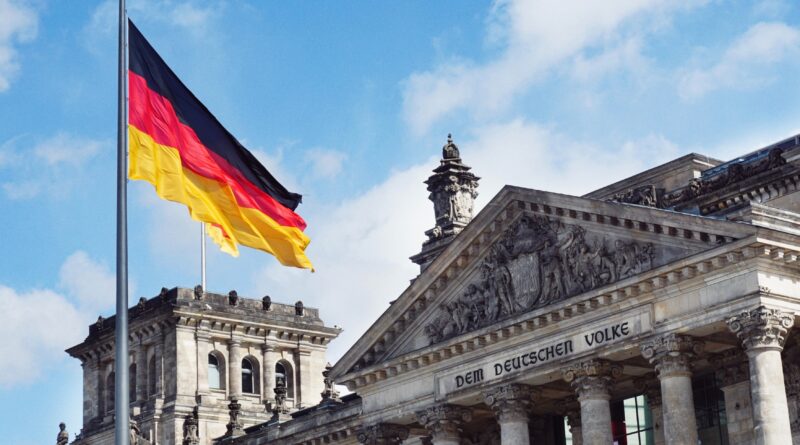
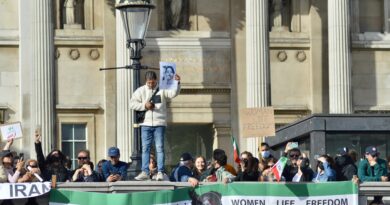

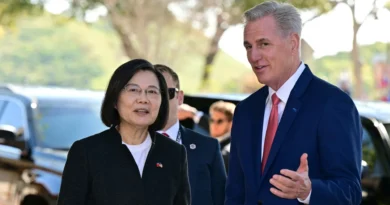

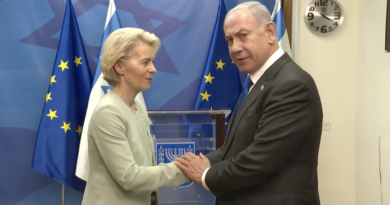
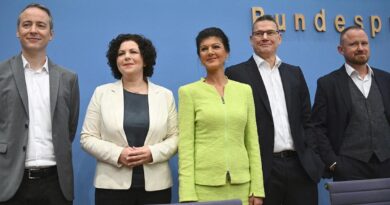

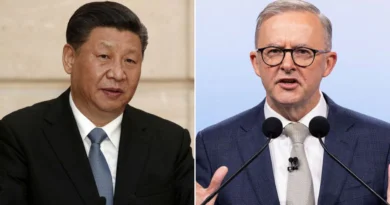
Pingback: Neoconservative turning point: Where is Germany going in the global conflict? – Co-browsing | blogosphere